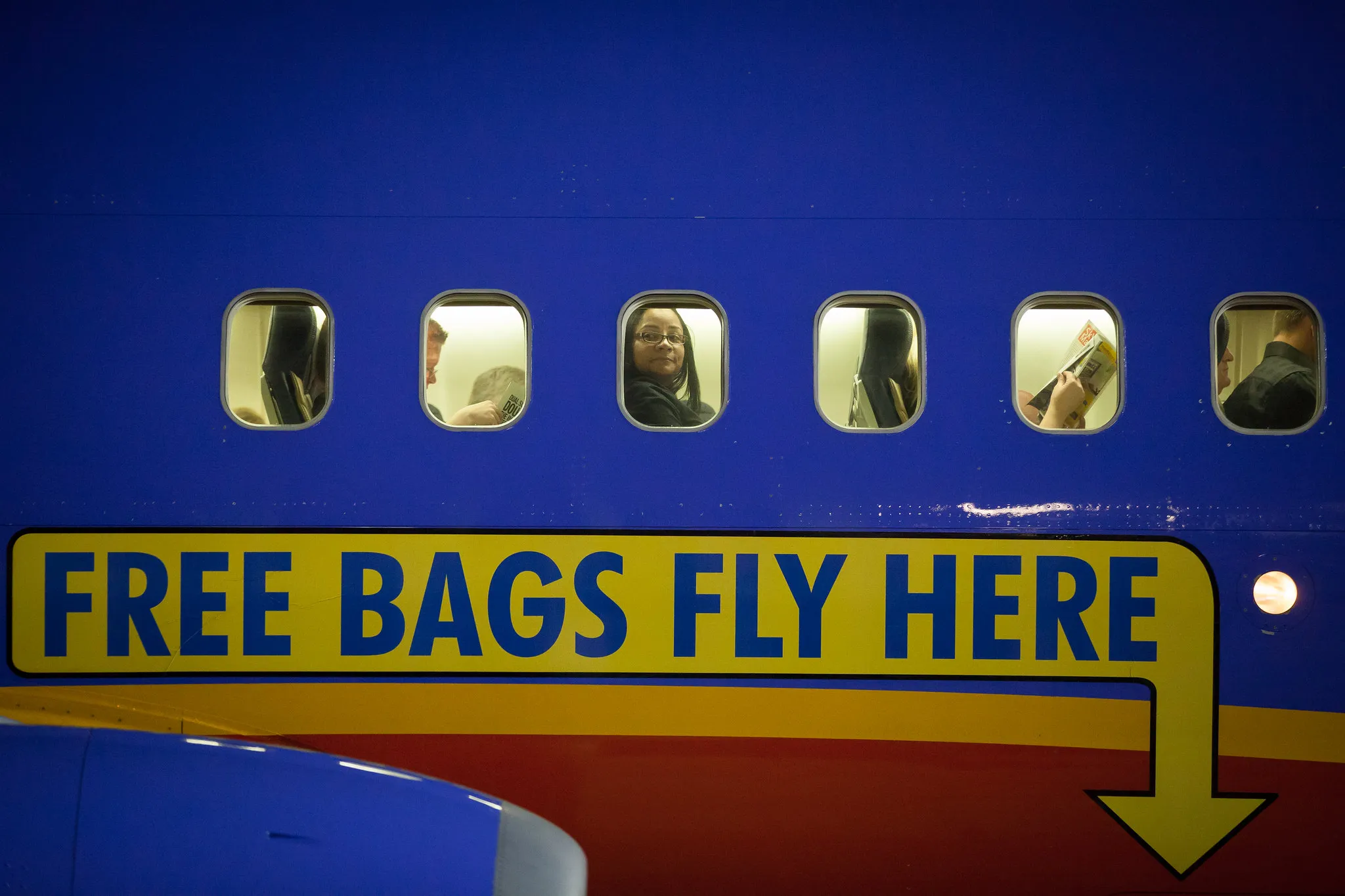Latest Funding for The Guild Showcases New Housing Model for Business Travelers

Skift Take
The Guild, a hospitality startup with apartment-style accommodations, has raised $25 million as part of its latest round of funding.
The company, which originated in Austin in 2016, now operates 800 units in Austin, Cincinnati, Dallas, Denver, Miami, and Nashville.
This latest infusion of money will help The Guild expand to six more markets by 2021. The company also plans to use it to develop technology to improve the guest experience.
Venture firms Maveron, Convivialite Ventures and ATX Venture Partners participated in this round of funding. Real estate partners RXR Realty, Corigin and Nicol Investment Group also contributed.
This follows $8.5 million in funding that the company received in late 2018, also from Maveron.
The Guild’s business model is to partner with developers of luxury apartments and office buildings in urban markets to convert entire floors into suites.
The Guild’s main target is the business traveler. The typical guest is an employee who makes weekly trips to the same city for a project that could take months to complete.
The company negotiates with Fortune 1000 firms to come up with a fixed nightly rate.
Rates can range from $150 to $250.
Some companies whose employees have worked with The Guild are Google, Whole Foods, Wal-Mart, and Salesforce. The employees can book a room through their corporate travel agency or booking platforms.
“We work really hard to build relationships with key corporate accounts and continue to deliver great service and good locations that are going to fit with what their needs are,” said Brian Carrico, a boutique hotel developer who co-founded The Guild.
The people behind The Guild have both hospitality and technology experience. The company was also founded by Chris Herndon, whose background is in the technology marketplace. Chip Conley, who created the Joie de Vivre boutique chain, serves as an advisor.
Jason Stoffer, a partner at Maveron, said that having leaders with a combination of hospitality and technology expertise made The Guild attractive to his firm.
“We believe that to cater to the business traveler and higher-end properties requires hospitality experience,” Stoffer said. “You need to understand how to properly serve that type of customer and they have the chops to do it.”
More Competition
The Guild wants to provide an alternative not just to hotels, but to other short-term rentals such as Airbnb and HomeAway. In essence, the company is trying to offer business travelers elevated corporate apartments.
Each building that The Guild operates in has concierges to check guests in and help with any other needs. Housekeeping services are also available. Suites have high-speed internet, kitchens, and washer and dryers. Guests can request that their refrigerators be stocked before their arrival.
While each floor that The Guild operates is its own exclusive quasi-hotel, guests can use any other amenities the buildings have such as pools or gyms.
The experience is meant to be as consistent as that of a hotel.
“Those are travelers who are used to staying at places more like the Westin and JW Marriott and we found it was really important to match that service level for that guest in order to make them happy and keep them coming back,” Carrico said. “One of the ways to do that is having on-site staff because if you’re a business traveler and your hair dryer stops working, someone has to be able to get you a hair dryer within five minutes so you’re not late for your business meeting.”
The Guild faces competition from other similar startups that are not quite hotels but not quite Airbnb. And some of them have gotten much more funding.
Sonder last summer received $225 million, bringing its total to $360 million. Lyric, also last year, raised $160 million with some funding from Airbnb.
The Guild expects to have made about $25 million in revenue in 2019. By contrast, Sonder, which has 8,500 units in 26 cities around world, was expected to have generated $400 million in revenue in 2019.
Carrico is not concerned about being out-funded. His company’s strategy is to have a measured rollout and to pick markets where they can leverage the surroundings. For instance, Cincinnati made sense because Proctor & Gamble has its headquarters there.
In Dallas, The Guild will take over the two top floors of a 50-floor office building for an office/hotel mashup type of property.
“Raising the most money has not always led to the best outcomes in businesses where you have to control physical space and deliver experiences,” Carrico said. “Our strategy is to grow at a measured pace that allows us to keep improving the guest experience and keep adding new locations that our guests want. It helps us avoid the pressure to add locations that we wouldn’t typically want to add just to have certain growth metrics."
Other cities that the company has its eye on are Boston, Chicago, Seattle, Los Angeles, and Washington, D.C.
Stoffer said there is plenty of room for growth in the alternative accommodations space.
There's "an incredible amount of demand for alternative types of accommodations that feel more like a home, that are different than what hotels offer,” Stoffer said. “You’re also facing a lot of constraints with Airbnb with inconsistencies of experience and regulatory pushback.”
"It doesn’t take a lot to close your eyes and say 20 percent of the global hospitality industry, maybe more, will have the look and feel to it of a non-traditional hotel,” he said.




